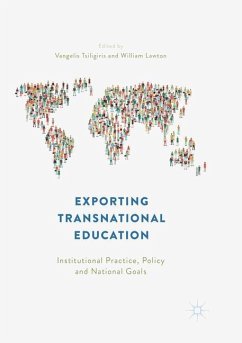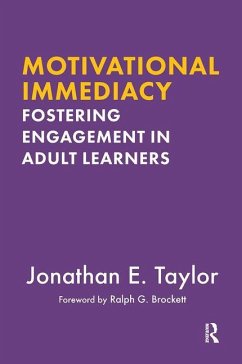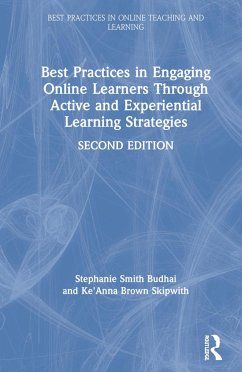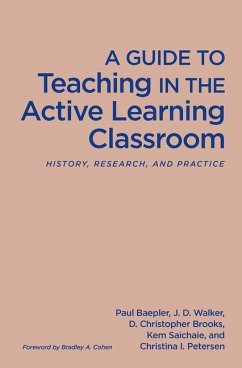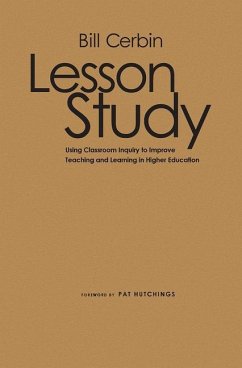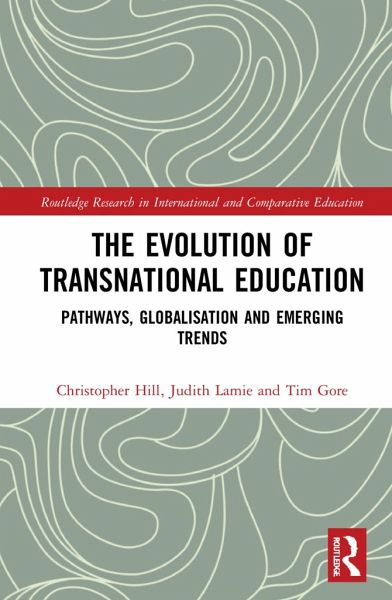
The Evolution of Transnational Education
Pathways, Globalisation and Emerging Trends
Versandkostenfrei!
Versandfertig in 1-2 Wochen
167,99 €
inkl. MwSt.
Weitere Ausgaben:

PAYBACK Punkte
84 °P sammeln!
This book examines issues of identity; positionality; community; value and relevance, to explore where transnational higher education is headed and what form it may take moving forwards. Transnational higher education has traditionally been viewed through the lens of access. Now, the authors argue, higher education must think more closely about impact and legacy as changing patterns of student recruitment, reduced options for mobility and the need to establish value for money will be at the heart of the next stage of evolution. Drawing on international case studies from Europe, the Middle East...
This book examines issues of identity; positionality; community; value and relevance, to explore where transnational higher education is headed and what form it may take moving forwards. Transnational higher education has traditionally been viewed through the lens of access. Now, the authors argue, higher education must think more closely about impact and legacy as changing patterns of student recruitment, reduced options for mobility and the need to establish value for money will be at the heart of the next stage of evolution. Drawing on international case studies from Europe, the Middle East and Central Asia, the book outlines the past, present and future of higher education working across national boundaries, and the extent to which this represents the globalisation of the university sector. The book opens with an analysis of the role of the university in both local and global contexts, moving on to explore policy and collaboration and then looking at emerging trends and activity in international higher education. The final section draws directly from students, to give their perspective and understanding of the core themes throughout the book. This volume will have a wide readership amongst higher education scholars, undergraduate and postgraduate students and policy makers.






